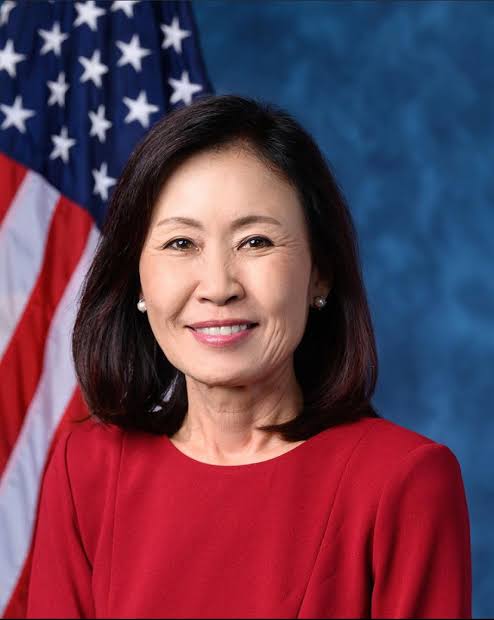Rep. Michelle Steel (R-CA) has accepted recognition from STARBASE Los Alamitos, presented by Colonel Kenneth Koop of the California State Guard for her work to re-establish the bipartisan STARBASE Caucus.
“This Congress, I was proud to re-establish the STARBASE Caucus to advocate for the invaluable, hands-on educational experiences STARBASE provides students in Los Alamitos and across the United States,” said Steel. “To invest in our students’ STEM education is to invest in the next generation of our America’s leaders. That is why I was so excited to support the STARBASE program and bring awareness to my colleagues about its benefits through the Caucus.”
“STARBASE-Los Alamitos is one of the top three programs in the country, introducing California’s youth to the world of strategically important science and technology fields,” said Colonel Koop. “The California Military Department is grateful for Congressmember Steel’s leadership in the congressional STARBASE caucus, ensuring that the next generation of Californians remain excited about the promise of technology and continue to lead the nation in scientific innovation.”
Background
There are six STARBASE locations in California.
The Department of Defense’s (DOD) STARBASE program is an effective DOD outreach and STEM education awareness program for elementary and secondary school students. Students learn the importance of STEM skills in real world situations and develop essential math and science fundamentals, while fostering positive relationships between the military bases and local communities.
Evaluations of STARBASE participants show significant improvement in the students’ understanding, interest, and ability in math and science, which has led to increased enthusiasm in pursuing STEM education. Recent surveys of students showed knowledge scores of chemistry, engineering, math, physics and technology increased by 27.6%, while favorability scores of math and science showed clear improvement.
Nationwide, the program is one of the most cost-effective programs across the federal government, costing an average of only $328 per student in 2017. In the 2021-2022 school year, the program served more than 79,618 students in 1,558 schools, across 611 school districts. Nationwide, the program documented 10,435 volunteers, who contributed over 131,281 hours of labor to the program, valued at over $3.88 million dollars.

